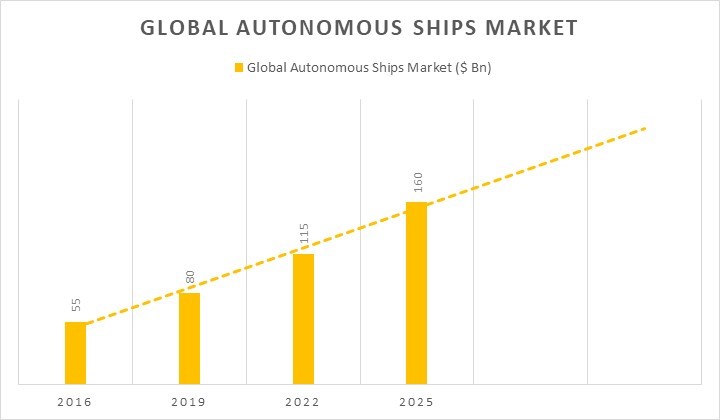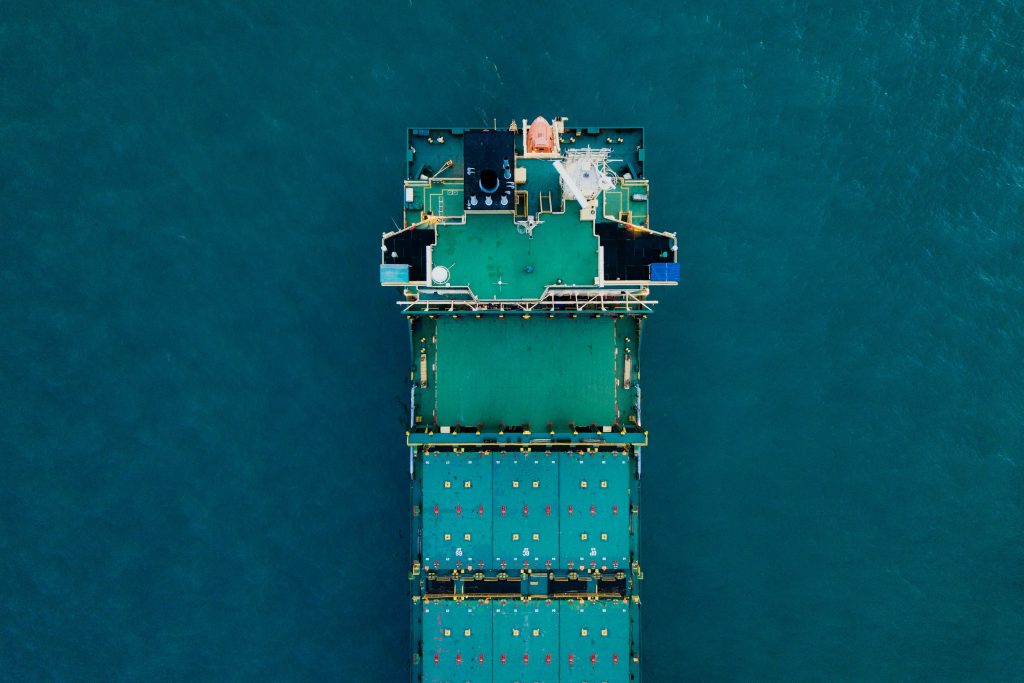We have been hearing a lot about autonomous cars in the recent times both due to curiosity about the application of advanced technologies in these cars and because of some mishaps it caused during its road tests. In recent times, autonomous sea vessels are also creating a lot of interest in maritime domain due to possibility of the increase in operational efficiency and potential business benefits. However the dependability on autonomous technology and business viability of this highly expensive technology were some of the hurdles for its application for regular shipping operations.
Recently Norwegian company Yara International announced that it will launch its electric autonomous ship at the end of this year. The electric autonomous ships are developed with an objective of transport of fertilizers in the region. This will the turning point in the shipping industry and formal inception of the autonomous shipping future.
As per wall street journal, these ships will cost 25$ Million each, which is about three times the container ship of the same size but its promoters assure that without the need of personnel and fuel there will be upto 90% savings in operational costs. Elimination of the personnel, their accommodation structure and the use of this freed space for more freight carrying are some of the reasons behind increased cost optimization.
Autonomous ships use global positioning systems, radars, sensors, advanced cameras and other electronic instruments to collect the information. This information is fed to the information systems which interprets the surroundings for accurate and safe manoeuvre of the ship. Despite the use of advanced tech, there remains uncertainty about the ability of sensors and information systems to detect the problematic situations and react accordingly, which are also limited by predefined course of actions. According to some experts, Autonomous ships might be popular for the short sea routes in the beginning but it will take time to replace giant container carriers. In the beginning there will be small ships, tugboats, rescue and surveillance vessels but it will be step towards fully automating the large container ships which carry thousands of containers and sail internationally.

Apart from the business viabilities, there are some legal reservations regarding these unmanned ships. International Maritime Organizations (IMO) which regulates the maritime travel and has recently agreed on the definition of these vessels and is looking into regulating the use of autonomous ships but there are some uncertainties and gaps about the governance of the unmanned ships which are not likely to be outlined anytime sooner.
Wrap Up
Autonomous ships might be the turning point for the shipping industry which has been fighting the higher operational costs and lower freight rates. With the total dependency of the technology comes the cybersecurity risks which might be the major reason of concern for these vessels. But as it happens with every disruptive technology, there will be continuous improvements and it will mature enough to be widely accepted.
